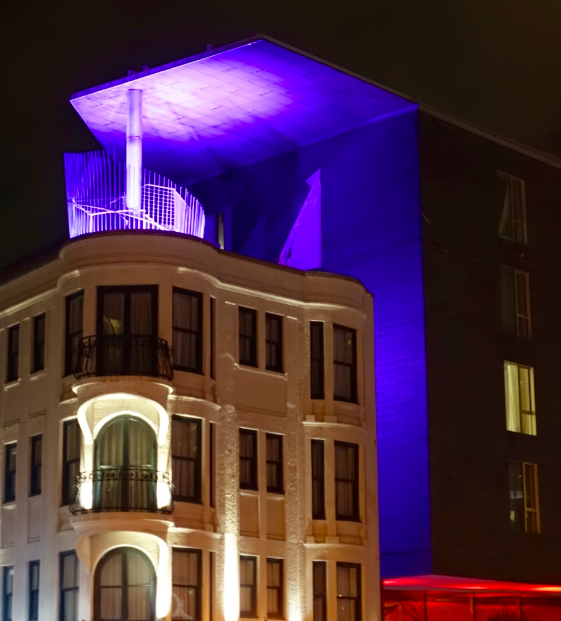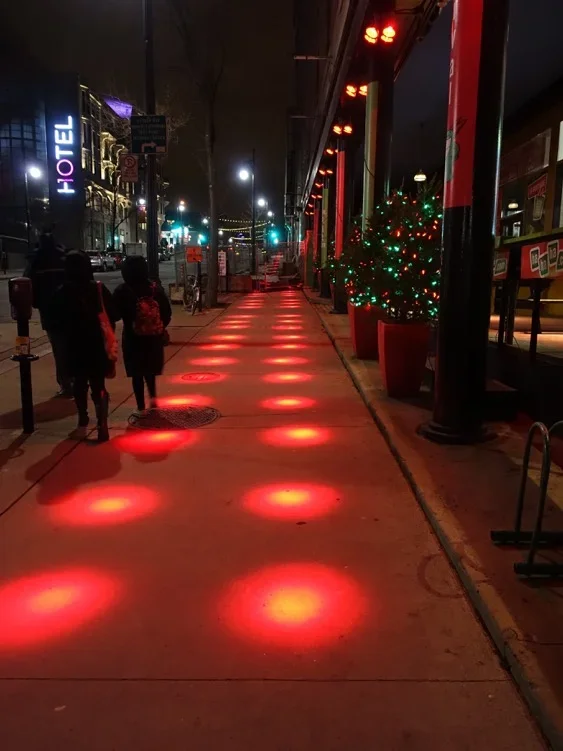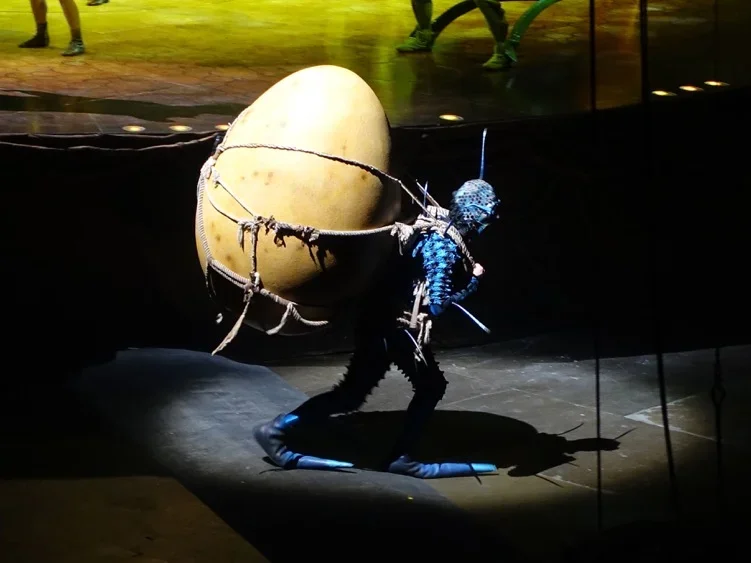Montreal After Dark: a clear plan for laughs, music, and late bites
Montreal is built for unhurried nights. Venues sit close together. Side streets carry sound from jazz trios, DJs, and buskers. Patios stretch a conversation long after the show ends. The best evenings follow a simple rhythm – a live set to align the group, a short walk to music, then food that keeps energy steady until the last train or a slow stroll home.
A mixed itinerary starts well with comedy. It warms up a crowd, sets a shared mood, and fits all kinds of groups. Book a first-act seat at a trusted Montreal comedy club, then move a few blocks for music or dancing. The goal is not to sprint across town. The goal is to let the city change tempo for you – one neighborhood, two or three rooms, and a late kitchen that still cares about the plate.
Montreal comes alive at night.
The shape of a reliable night
Good nights have structure. Start with a live room, add a walk that resets the head, and close with a place that feeds well after midnight. Montreal’s layout supports this pattern. The metro covers long hops, yet most handoffs work on foot. Quartier des Spectacles concentrates on theaters and outdoor screens. The Plateau and Mile End offer bars with tiny stages and vinyl-heavy lounges. Old Montreal adds stone alleys, vaulted ceilings, and river air that makes a patio feel like a stage of its own.
Think in clusters rather than lists. Pick two or three blocks with options, then decide at the moment. A second act should be audible from the sidewalk – a doorway test prevents disappointments. Many rooms flip their role late at night, moving from listening sets to dance floors without changing buildings. That flexibility keeps groups with mixed tastes together and keeps the budget sane.
First act – live rooms that start on time and read the room
Comedy basements, storytelling nights, and improv houses are strong first stops because they run on a schedule. Doors open, the show starts, and everyone tunes in together. Montreal’s better rooms keep the stage close and the lights honest – faces are visible, sound is warm, and the host names house rules without a lecture. Sets are concise, which helps with timing for the rest of the night.
Drag and cabaret shows add a different spark. They blend choreography, crowd play, and music into a compact hour that invites a follow-up stop nearby. Small theaters in the Plateau and downtown often schedule early performances on weeknights, then reserve later slots for bands or DJs. This makes a one-building double feature possible – a major win during winter when the wind wants everyone indoors.
Second act – music that respects ears and feet
Montreal’s small rooms punch above their weight. Little Burgundy carries the city’s jazz lineage with trios that balance detail and groove. In Griffin town, houses and disco push for energy without turning the room into a glare of lights – silhouettes and shadows do the heavy lifting. The Plateau favors indie bands and global sets that lean into rhythm more than volume. Sundays and Mondays are not empty. Many venues run residencies that reward curiosity and welcome walk-ins.
Dancers have a real choice. Salsa and bachata nights use clear floor etiquette and rotate partners often, which makes newcomers feel safe. Elsewhere, Afrobeat and funk collect crowds that prefer bounce to push. The best rooms manage transitions well – sound checks finish before doors, sets start close to posted times, and a DJ can hold a floor without drowning the bar. All of that matters when a group wants to keep moving without losing each other in the noise.
Fuel and reset – late kitchens that care
After midnight, food should stabilize the night rather than end it. Montreal handles this with confidence. Smoked-meat counters slice fast and keep the bread warm. Routine remains honest – a way to place salt and heat in the right order after a long dance set. Newer kitchens are built around vegetables, noodles, and snack boards, so people who want a light reset are not stuck with deep fryers.
Many bars now run serious zero-proof lists – ferments, shrubs, and spritzes built like real drinks. That shift helps groups match speed. No one needs to tap out early to keep a clear head. Service rarely turns into a lecture. The tone is practical. Staff understand that a good plate and a calm drink can rescue a night that ran too hot.
If you are in Montreal, you have to go to a Cirque du Soleil show. We caught the OVO show at the Bell Centre - it was a wonderful smash-up of ballet, gymnastics, circus, music and visual arts. Fun entertainment for everyone!
A simple checklist that keeps the plan smooth
Cluster your stops. Choose two or three venues within a ten-minute walk to avoid rides between acts.
Book the opener. Secure the first set. Leave later moves open so sound and energy can guide choices
Pick a late kitchen. Confirm hours before leaving the first room – kitchens, not bars, set the real curfew.
Set two rendezvous points. One near the opener and one near the final stop so the group regroups without phone chaos.
Pack for the weather. Winter needs a cloakroom plan. Summer wants water, a small charger, and good shoes.
Small preparations protect mood. A group that knows the next step enjoys the current one more.
Getting around – timing, tickets, and small courtesies
The metro runs late on key nights. Night buses cover the rest with clear maps and dependable intervals. BIXI stations make short rides simple in warm months – a good option when a river breeze beats a cab queue. In winter, the underground city links parts of downtown so boots stay dry between acts. Door policies are human when guests are human. A quick hello, IDs ready, and a clear plan reduce friction.
Tickets live best on phones, yet battery life fades fast under heavy photos and maps. A pocket charger avoids a scramble at the door. Cash speeds cloakrooms. Bartenders work quickly when orders are direct – two tall waters and a pair of highballs land faster than a long story. Montreal crews aim for care, not theater. That style encourages the same kindness in return.
Final frame – leave room for a last look
Nights land better with a pause. A short river walk in Old Montreal, a quiet corner near Place des Arts, or a rooftop glance at the skyline gives the brain a clean ending. The memory files in order – the joke that set the tone, a trumpet climbing a perfect line, a floor that lifted without shove, a plate that proved the kitchen respected the hour. The city rewards this calm exit. It is easy to return the next night with a clear head and a better sense of pace.
Montreal after dark is not a checklist. It is a sequence that listens back. Start with a live set that begins on time. Let the next room be close enough to hear before choosing it. Eat where the kitchen still cares. Keep one eye on the clock and one on the group. Under that logic, the night reads cleanly – a story told by rooms that understand energy, not a sprint that burns it.





